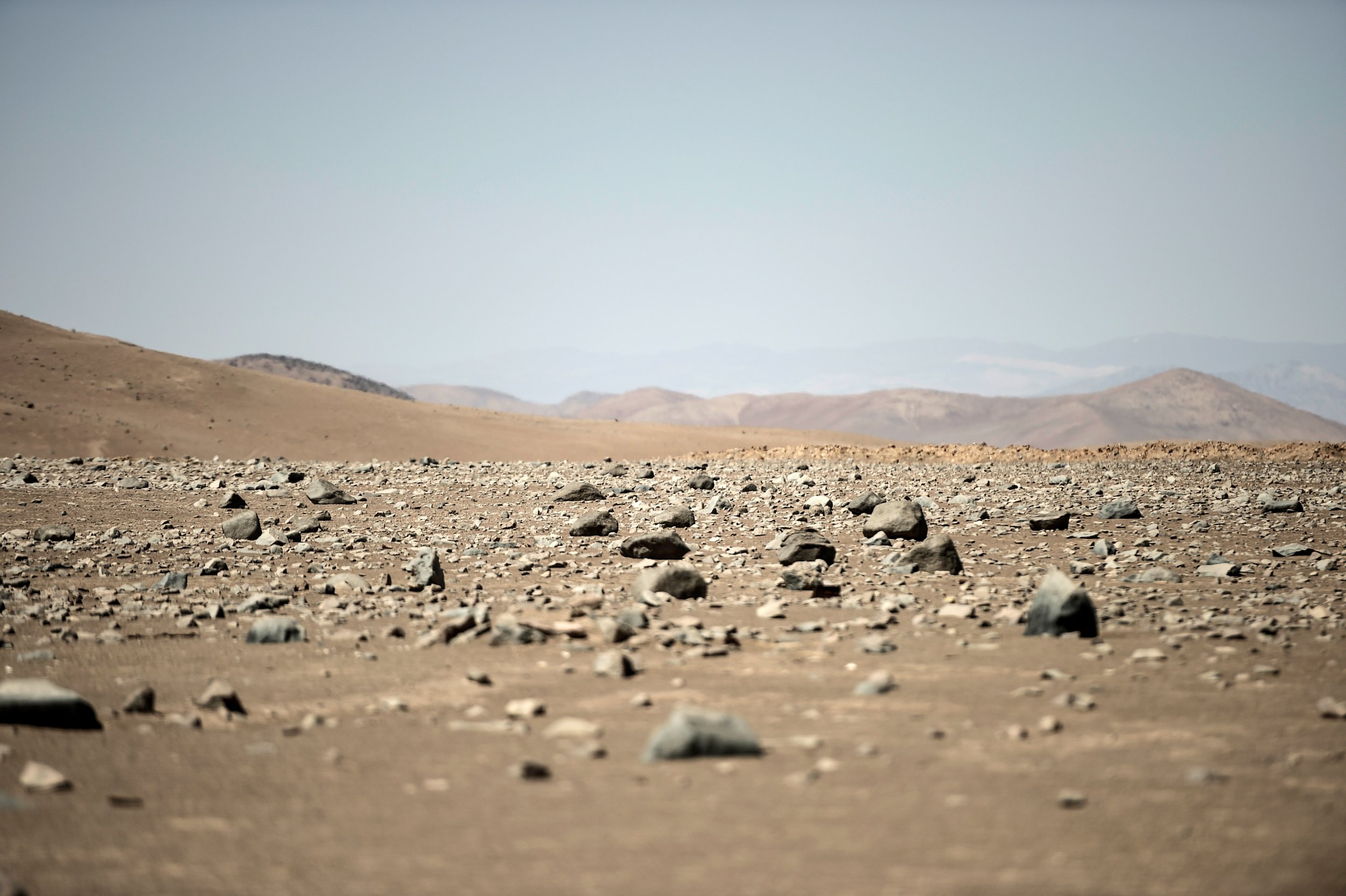
What do unusual microbes in a Chilean desert and life on Mars have in common? More than one might have thought.
Scientists recently found organisms that for decades had been lying dormant in the desert sand, without water. The microbes are the first such discovered, and scientists hypothesize that similar life forms could be tucked away in the bright red soil of Mars.
In 2015, after rain fell in the Atacama desert in Chile for the first time in 40 years, scientists from Washington State University observed something fantastic: Life bloomed in what had long been a barren terrain. Upon closer examination, it was determined that the rain did not bring life to the Atacama desert, but rather awakened microbes that had long been living dormant. The findings have now been published online in the Proceedings of the National Academy of Sciences of the United States of America.
Related: Massive subsurface ice sheet could support life on Mars
The team took soil samples back to their lab for a genome analysis. Further testing showed that it was not one but many microorganisms that had evolved a way to survive in one of the driest environments on Earth. If organisms could withstand such dry habitat on our planet, what's stopping them from doing the same on another?
Mars is dry but not completely waterless. According to NASA, there is frozen water underneath the Martian surface. A slab of ice as large as Texas and California combined—with enough water to fill Lake Michigan twice over—was detected in 2002. Scientists believe Mars could have had oceans and lakes perhaps several billion years ago. If life on Mars is anything like life on Earth, where there is water, life often follows.
Related: Life on Mars? NASA has been testing Martian soil for decades to no avail but keeps trying
This new finding suggests that if there was once life on Mars, it's possible that some organisms could be lying dormant, waiting for conditions on the planet to once again enable them to thrive—just like those found in Chile.
"We know there is water frozen in the Martian soil and recent research strongly suggests nightly snowfalls and other increased moisture events near the surface," said a study co-author, Dirk Schulze-Makuch, a planetary scientist at Washington State University, in a statement. "If life ever evolved on Mars, our research suggests it could have found a subsurface niche beneath today's severely hyper-arid surface."
The team plans to study these Atacama organisms further in order to better understand their survival adaptations. This research could better prepare us to study potential life on Mars when we arrive at the Red Planet, possibly in the 2030s.
Uncommon Knowledge
Newsweek is committed to challenging conventional wisdom and finding connections in the search for common ground.
Newsweek is committed to challenging conventional wisdom and finding connections in the search for common ground.





